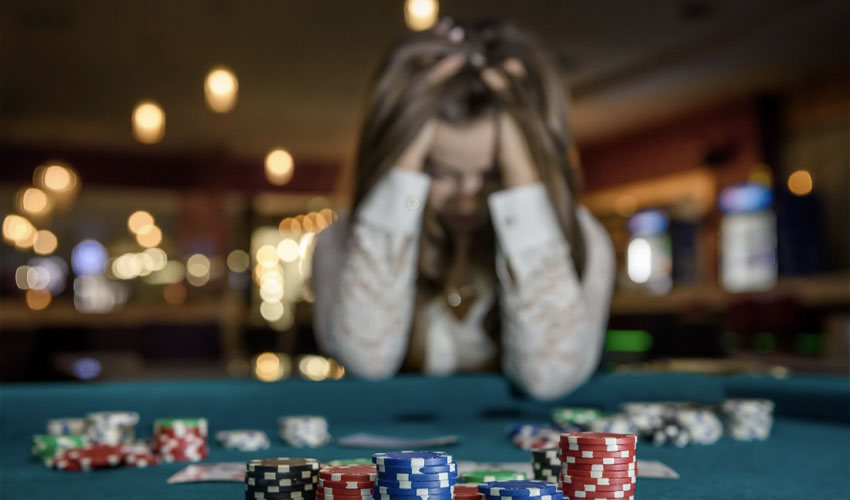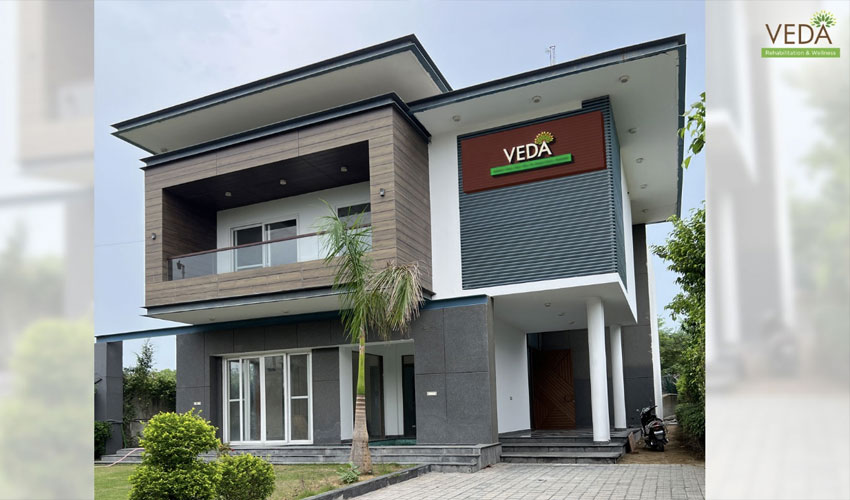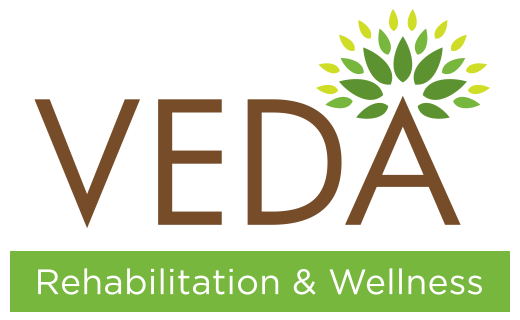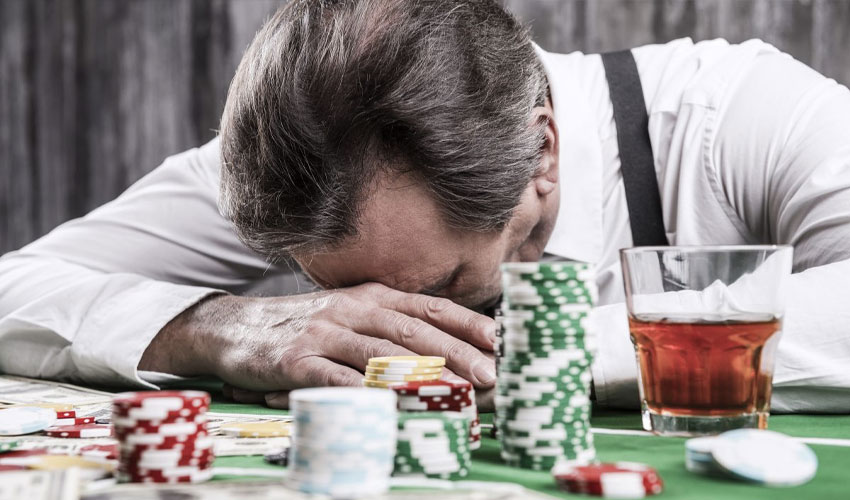In the world of gambling, the allure of hitting the jackpot or experiencing the thrill of risk can be enticing. However, for some individuals, what begins as harmless entertainment can spiral into a debilitating addiction. Gambling addiction, also known as compulsive gambling or pathological gambling, is a serious mental health disorder that can have devastating consequences if left untreated.
The Addiction Process
Gambling addiction typically develops gradually, often starting with occasional bets or visits to casinos. Initially, individuals may experience a sense of excitement and anticipation when gambling, which can reinforce the behaviour. Over time, however, the need to gamble becomes more frequent and intense, leading to a loss of control.
The addiction process is fuelled by various factors, including:
- Psychological Factors: Underlying psychological issues such as depression, anxiety, or trauma can contribute to the development of gambling addiction.
- Brain Chemistry: Gambling activates the brain’s reward system, releasing dopamine, a neurotransmitter associated with pleasure and reinforcement. Over time, the brain adapts to these stimuli, requiring more significant bets to achieve the same level of satisfaction.
- Social and Environmental Factors: Peer pressure, exposure to gambling environments, and cultural acceptance of gambling can also play a role in addiction development.
Signs and Symptoms of Addiction
- Preoccupation with Gambling: Constantly thinking about gambling, planning the next bet, or reliving past gambling experiences.
- Increasing Bets: Needing to gamble with larger amounts of money or more frequent bets to achieve the desired excitement.
- Failed Attempts to Quit: Despite acknowledging the negative consequences of gambling, struggling to cut back or quit entirely.
- Financial Problems: Experiencing financial distress, including borrowing money, selling possessions, or resorting to illegal means to fund gambling habits.
- Interference with Responsibilities: Neglecting work, school, or family obligations in favour of gambling activities.
- Mood Swings: Feeling irritable, anxious, or restless when not gambling, and experiencing euphoria or depression during and after gambling sessions.

Treatment and Recovery:
Overcoming gambling addiction is possible with effective treatment and support.
Here are some strategies to help individuals quit gambling:
- Seek Professional Help: Consult with a mental health professional specializing in addiction treatment. Therapy, such as cognitive-behavioural therapy (CBT), can help address underlying issues and develop coping strategies to manage urges.
- Join Support Groups: Attend Gamblers Anonymous meetings or other support groups where individuals share their experiences and provide encouragement and accountability.
- Limit Access to Gambling: Avoid places and situations where gambling is accessible, such as casinos, online betting sites, or lottery outlets.
- Inpatient Rehabs: For individuals requiring intensive treatment and a structured environment, inpatient rehabilitation programs can be highly beneficial. In these programs, individuals reside in a facility where they receive round-the-clock care and support from a team of professionals. Inpatient rehabs offer a structured schedule of therapy sessions, group activities, and educational workshops tailored to address the specific needs of individuals struggling with gambling addiction. Being removed from the triggers and temptations of the outside world allows individuals to focus solely on their recovery journey.
- Develop Healthy Habits: Engage in alternative activities that promote relaxation and well-being, such as exercise, hobbies, or spending time with loved ones.
Remember, overcoming gambling addiction is a journey that requires commitment and perseverance. Relapses may occur, but with determination and support, individuals can regain control of their lives and enjoy a future free from the grip of addiction.

Veda Rehabilitation and Wellness
At Veda, we offer a comprehensive approach to gambling addiction treatment, addressing the physical, emotional, and psychological aspects of recovery. Our program integrates evidence-based therapies, such as cognitive-behavioural therapy (CBT), dialectical behaviour therapy (DBT), and family therapy, with alternative modalities like mindfulness practices and yoga. With a focus on individualized care and support, Veda aims to empower individuals on their journey to sobriety, providing a nurturing environment conducive to healing and personal growth. Our holistic approach fosters long-term recovery and overall well-being, making Veda valuable option for those seeking effective gambling addiction treatment
Follow the link below to start your journey towards a life free from addiction.
Luxury Rehab Centre in India for Addiction & Mental Health Treatment (vedawellnessworld.com)

